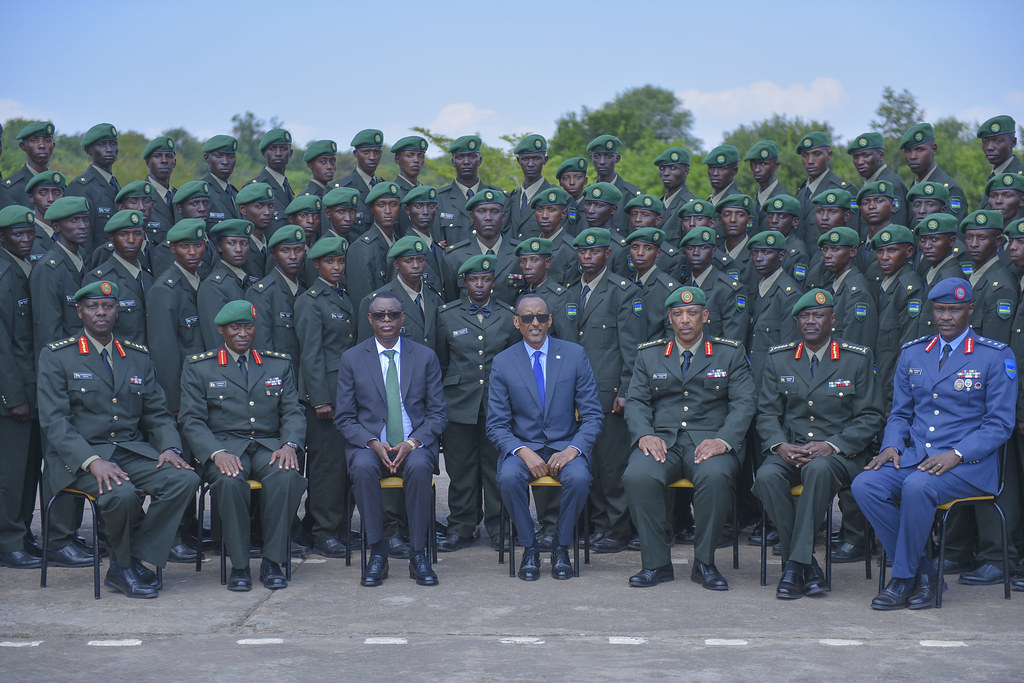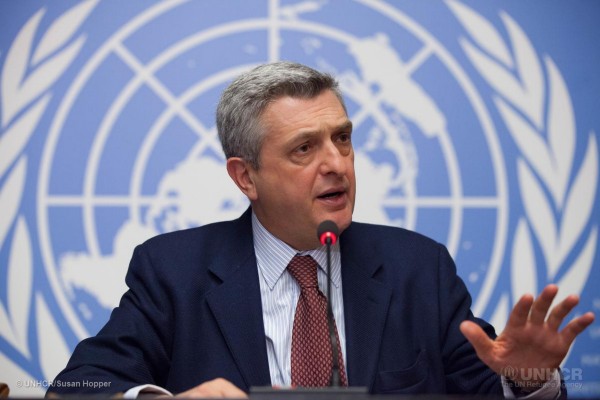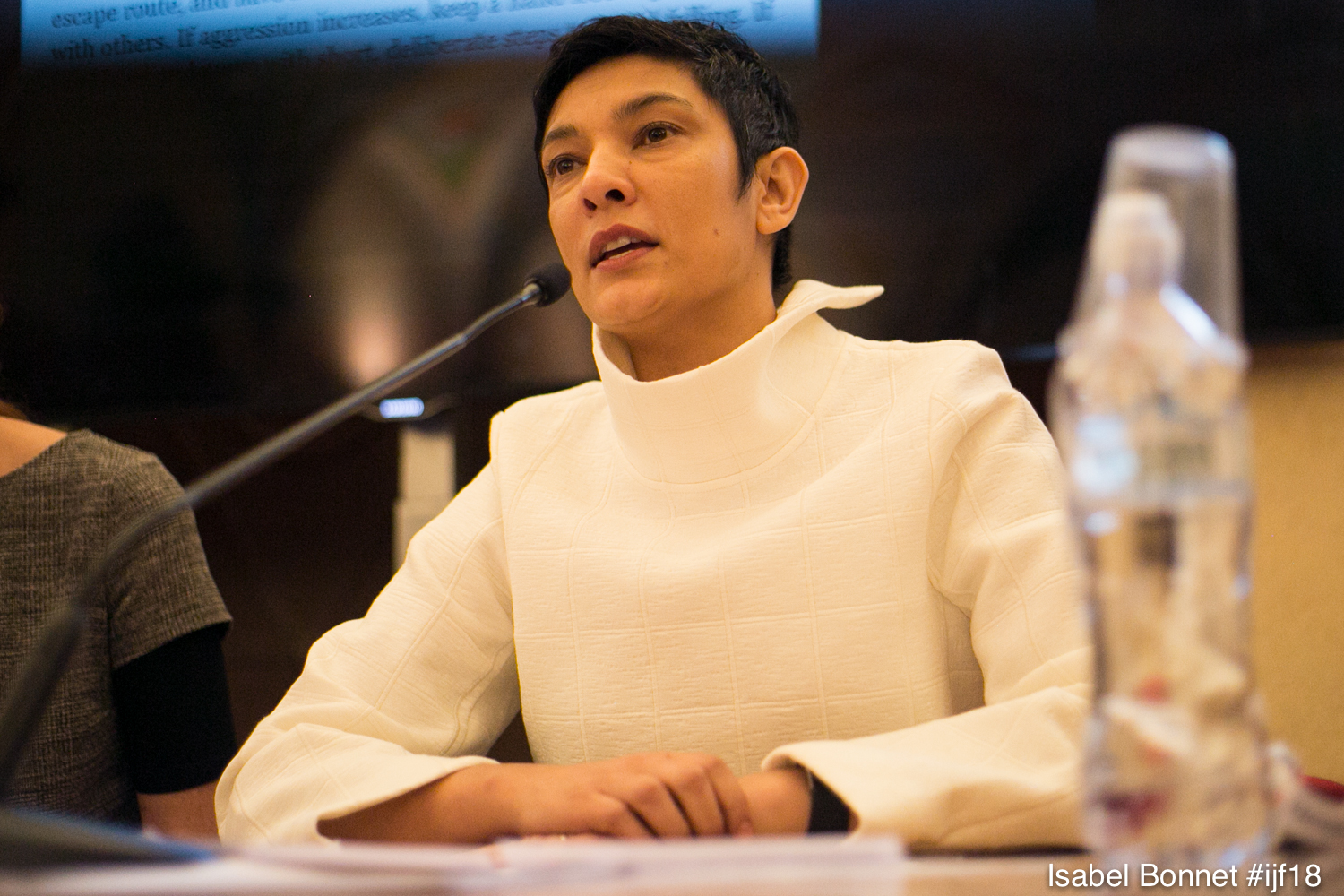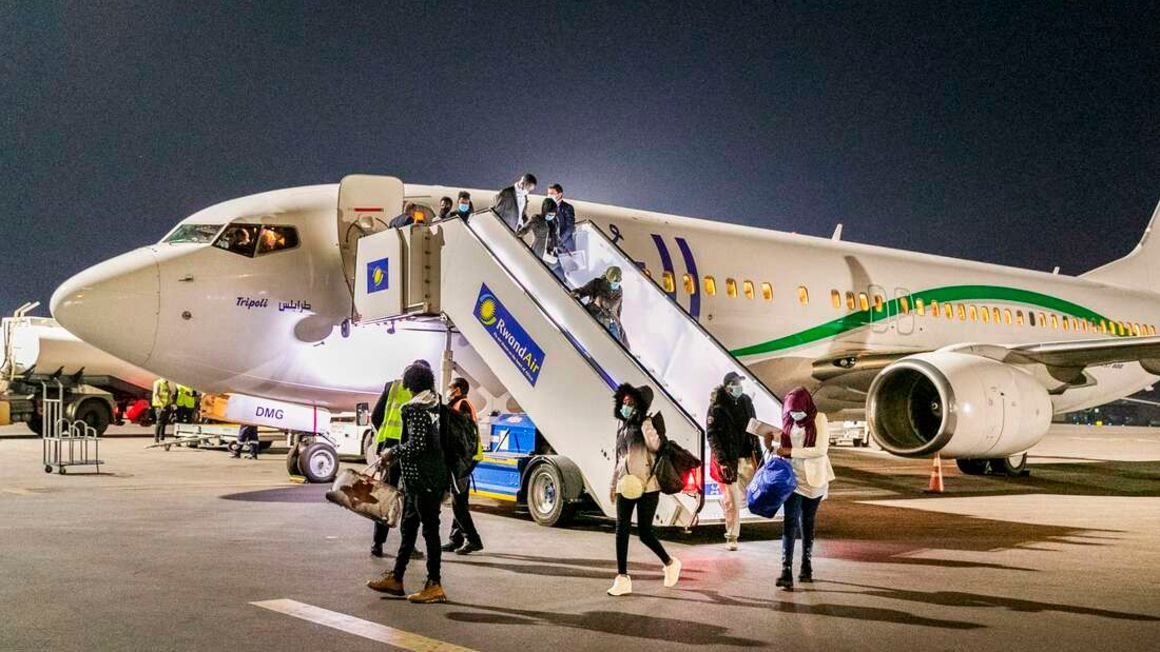International
Why does French media mislead the world on M23 issue?
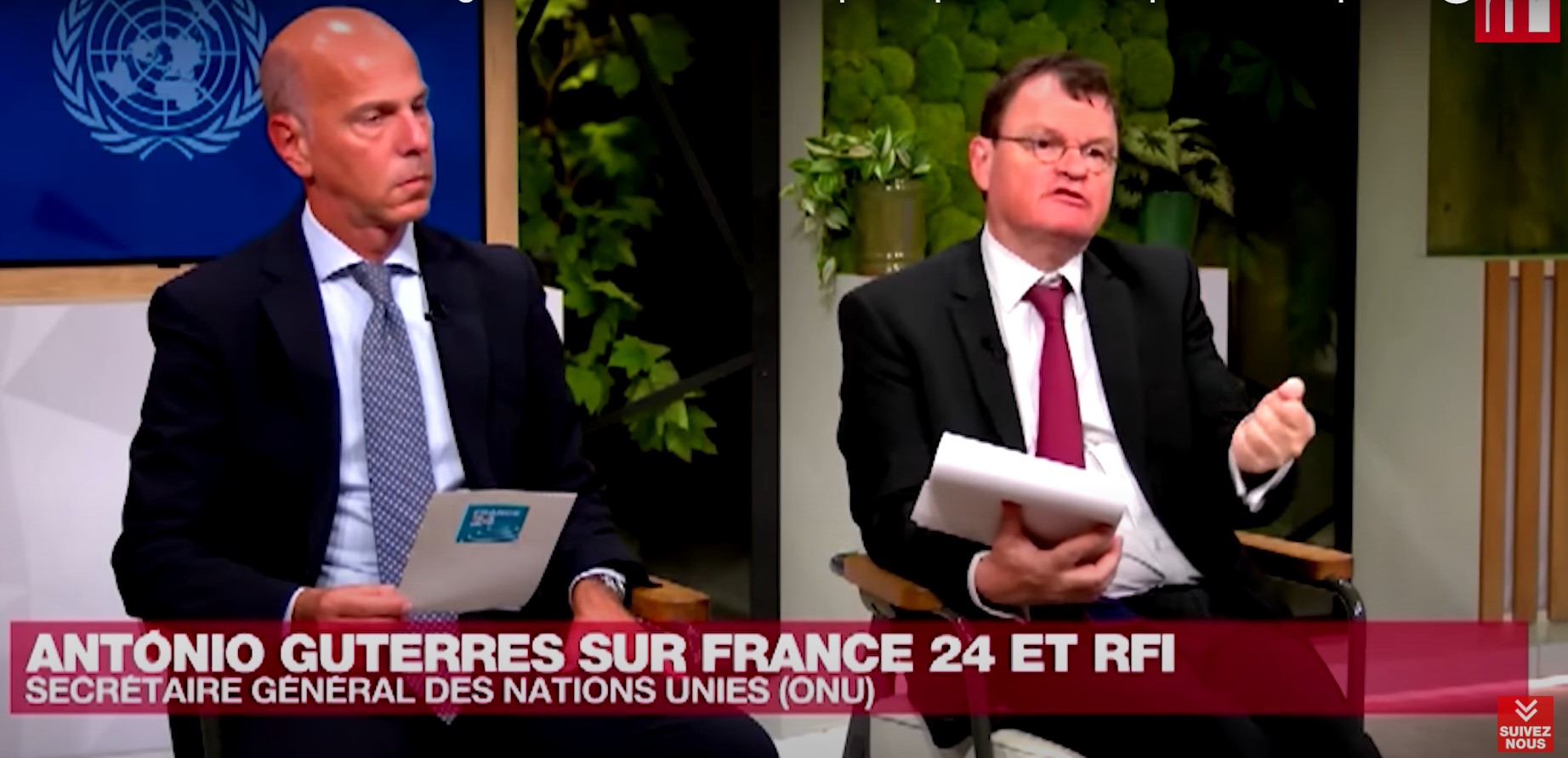
Ahead
of the UN General Assembly’s In New York, on September 18, 2022, António
Guterres, the Secretary General of the United Nations, was interviewed by RFI’s
Christophe Boisbouvier, and France 24’s Marc Perelman.
They
tackled a number of world issues; from the Russia-Ukraine issue to climate
change and the insecurity in the east of Democratic Republic of Congo (DRC). Clearly,
the two French journalists had done their homework, and did not waste an
opportunity to advance their anti-Rwanda agenda, backing baseless accusations that
Rwanda is responsible for the insecurity in eastern DRC.
Addressing
the issue of protests against MONUSCO in DRC, the UN chief said the Congolese
have a perspective that the UN forces are capable of fighting the militia
groups and provide protection to them. However, he noted that they (UN) are in
a difficult situation, giving the example of M23 which he described as being
the cause of the recent protests.
As
noted, MONUSCO is unable to fight M23 because the latter is a ‘modern army’,
with heavy weapons, more sophisticated than the UN mission.
“Do
those equipments come from Rwanda?” asked RFI’s Boisbouvier.
The
UN chief tactically avoided the question, saying that they come from “somewhere,”
because they are not made in the forest. Guterres offered no further explanations
on the matter.
“You
seem to be saying yes and confirming that they come from ‘next door’” pushed
his co-host.
To
no one’s surprise the two journalists did not interrogate any further, wrapping
the interview on that note. They were satisfied. But such ploys are not new. For
years, French media is known for giving a platform to numerous Genocide
deniers, and advancing the double genocide theory. Their latest campaign of
denial and continued infliction of moral pain takes additional creative forms
through the alleged Rwandan support of M23 rebels.
Nobody
needs to remind the two journalists the basics of ethical journalism – truth, accuracy,
fairness and impartiality, which should have been applied when questioning
Guterres.
If
the M23 is the root cause of the insecurity in eastern DRC, like Guterres
implied, why did they not question him on the failed implementation of numerous
peace agreements signed by the DRC government?
One
of the agreements signaled amnesty to all M23 fighters who did not commit war
crimes and crimes against humanity, registration of the M23 as a legitimate
political party, and repatriation of Congolese refugees sheltered in camps in
Rwanda and Uganda.
On June
18, 2019, the UN Secretary General launched a Strategic Action Plan against
Hate Speech.
He
said: “Hate speech is in itself an attack on tolerance, inclusion, diversity
and the very essence of our human rights, norms and principles. More broadly,
it undermines social cohesion, erodes shared values, and can lay the foundation
for violence, setting back the cause of peace, stability, sustainable
development, and the fulfillment of human rights for all.”
Hate
speech fueled by genocidaires is targeting Rwandophones and Tutsi Congolese,
causing them to be harassed and killed as if they have no legitimate right to
live in their own country. But not once did the French journalists bring this
up in their interview.
Why
did they not question the Secretary General on how the UN (against its
principles) is slow to strongly condemn hate speech by DRC government
officials, security organs and ordinary citizens?
Guterres
brought up concerns regarding the FDLR, genocidaires from Rwanda who have found
a safe haven in DRC. He suggested that Rwanda and DRC should find solutions to
the problems.
This was a ‘missed’ opportunity for the journalists to question him on “why
the UN force has become part of the problem, by supporting a coalition of
FARDC, FDLR, Mai Mai, and other negative armed groups that it is supposed to
neutralize, in the fight against M23.
Why
did they not question the formation of a coalition with the Congolese national
army, FARDC, and FDLR? Why are FDLR members not disarmed and extradited to
Rwanda to answer for their Genocide crimes?
All
these unasked questions speak volumes about the French journalists.


